Bassist, Vishnu Wood, was a long-time friend and working colleague of Alice and can be heard playing the oud on Isis and Osiris – Coltrane’s album JOURNEY IN SATCHIDANANDA (1970)
Dolores Brandon interviews Vishnu Wood on Alice Coltrane.
In this interview (recorded at the studios of WBAI-FM October 1987) Vishnu Wood brings the perspective of an accomplished musician, educator and tireless student of music to our conversation. He speaks (often provocatively) about Alice Coltrane’s work in the context of the multi-faceted currents that define and flow through American Black classical music – with a special emphasis on the avant-garde expressions that were emerging in the 1960’s
Selected HIGHLIGHTS
Dolores Brandon (DB):
I’d like for you to basically start at the beginning: you knew Alice Coltrane as a young person when she was in Detroit – as a teenager – is that correct?
Vishnu Wood (WOOD): Well, yes, I didn’t know her well then, but she was part of the [Detroit] music community. I’m one of the few musicians that came from the East side of Detroit. Alice of course, was from the West side, and never the twain should meet -unless there’s a forum. She did, in fact, play on the East side in a small beer garden with a group called the PREMIERES – it was sort of a lounge act, a very fine musical group also featuring another very accomplished musician from Detroit – Mr. George Bohanan on the trombone. They traveled around Detroit. Alice played the organa and she sang in the group.
DB: Oh she sang?
WOOD: Yes, the entire group sang. They had a quartet sound and they were also instrumentalists. She was very shy.
DB: You played at one time with John Coltrane did you not?
WOOD: No. I was playing with Terry Gibbs.
DB: So you were part of Terry Gibbs’ group [when Alice was with him]?
WOOD: Yes, we traveled; we played BIRDLAND opposite Trane; we were on the same bill with Trane – that’s how that coming together between Alice and John sort of happened.
DB: So, [how would you describe] her years with Terry Gibbs?
WOOD: Terry Gibbs played more of a swing type music – a more traditional approach to music; more traditional changes and a more traditional approach to the rhythm. Alice and I were more innovative. When he would finish his solos we would change the harmonies and he would really get disturbed because he didn’t understand what was going on – [from his point of view – we were] like a conspiracy going on in his own band.
Alice and I would talk about music and we would try things while on the gig. She was already developing her own harmonic concepts above and beyond what was happening in the context of that group.
DB: Please elaborate.
WOOD: We were hearing BEE BOP and we were into the more contemporary music, especially the harmonic developments a lot of musicians were exploring. I mean this was in the ’60s which was a great period of innovation in terms of the music. And we felt we had to be contemporary. I mean we didn’t feel we wanted to be stuck back there in the swing era. So it was very natural for us to have discussions around the music because we were serious musicians and we had to figure out how we were going to yes, play in his band, but at the same time have our own expression.
Alice Coltrane with the John Coltrane Quintet
WOOD: When she got together with Trane she further developed those concepts and her work went more in a spiritual direction – that is with the Eastern influence on her playing. Their relationship lead her to a different kind of stylistic development.
DB: Her organ playing is quite extraordinary; uniquely her own style.
WOOD: Yes, the deepest expression I’ve heard from Alice is on the organ because the organ has whatever it takes to express the deep expression that she has as a human being and as an individual. I remember once at a talk, a session that was given down at the Universalist Church on Central Park West, Alice played the organ and I hadn’t really heard her play the organ ever, didn’t even know that she was playing that instrument . . . it was a very profound experience because she was able to play a music I hadn’t heard before. It was obviously from another sphere.
Wood: She’s able to communicate her true expression and that’s the challenge of a true musician. I mean a lot of musicians emulate or copy an existing style and I’ve never been in agreement with that; I’ve always felt a musician should pursue their own expression and an instrument is really an extension of the spirit of the person and the individual artist should respect that and go with it.
Even with the harp for instance, she plays the harp the way she chooses to play in order to express herself. And some people criticize that, but that’s neither here nor there.
BRANDON: Criticize – how?
WOOD: Insofar as she doesn’t take a traditional approach. The harp is a very, very difficult instrument and if you are going to play it in the context of our [American black] music it’s a very challenging endeavor because the music has a lot of chord changes that come around very often. I don’t think the harp was designed to be played in the context of this particular musical expression because of the difficulty of changing harmony so continuously.
DB: I notice that you are not using the term jazz. Alice refers to her music as classical music. Is there a deeper reason for avoiding the word – jazz?
WOOD: Well, jazz doesn’t really describe our music. The word is a very negative terminology and it’s a racist terminology I’m not prone to use the word. Even when I was teaching college I didn’t use it that much and if I did, I explained the origin of the word to the students. Max Roach, (with whom I have worked with on different occasions and with whom I’ve also taught), we were in Amherst MA together: he wrote an article in Black Scholar on the term jazz and really placed it in a historical context and emphasized why he does not refer to his music as jazz. This has been an ongoing issue with a lot of musicians. This is a big world – the music is a big world; if you deal with the origin of the music and the Caribbean, Latin America, North America, the whole historical development – if you research that, you’ll find it is a tremendously big world. And when you leave ragtime in New -Orleans and in the ’20’s with the blues and then the formation of Duke Ellington and Jimmy Lunseford and so many of our great masters of the music – Louis Armstrong – when you follow the chronology and the different idiomatic representations of the music, then you begin to understand.
END OF Highlights from
Dolores Brandon Interviews Vishnu Wood on Alice Coltrane
Copyright 1987/2014
For a wonderful deep dive into the spiritual music composed and offered
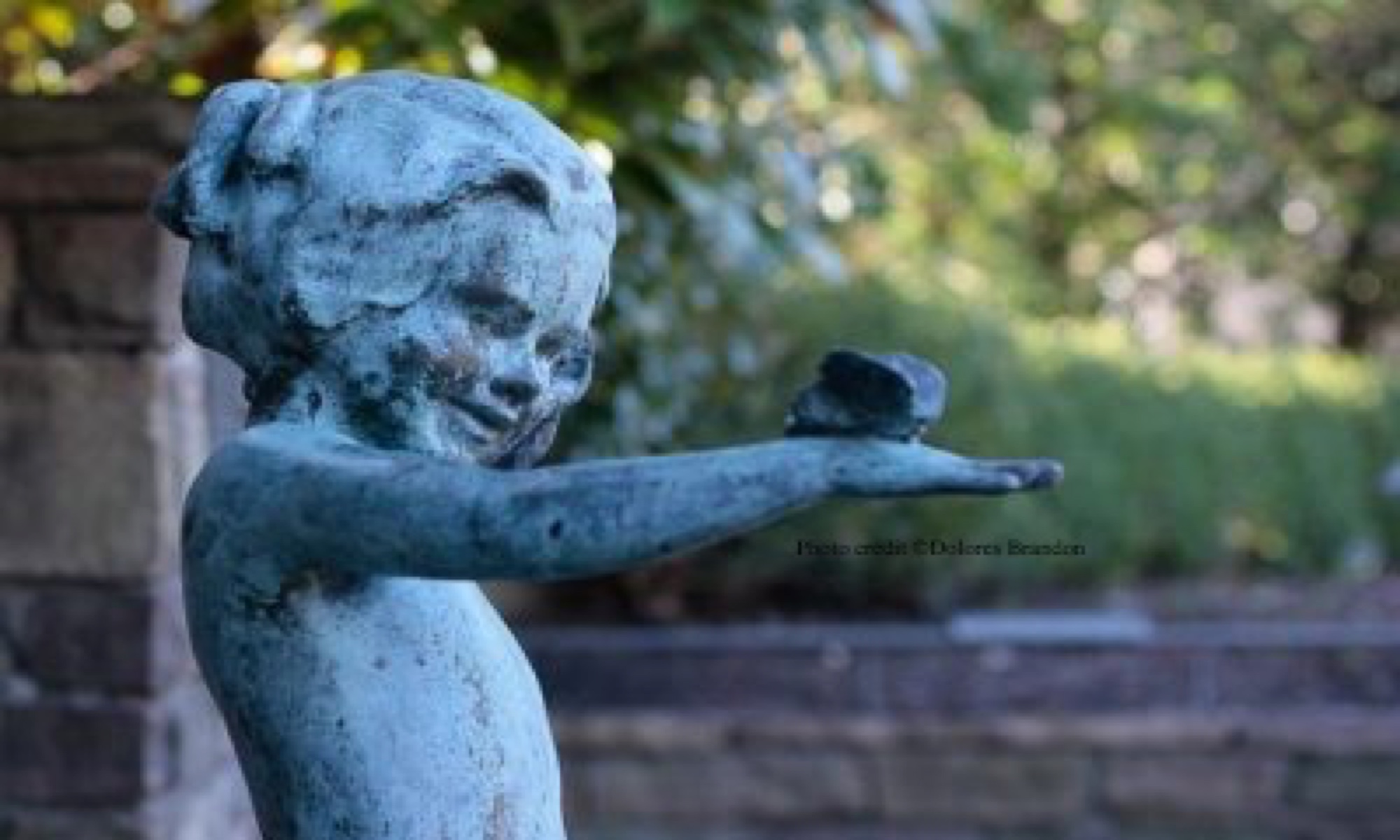
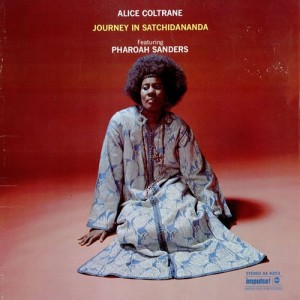
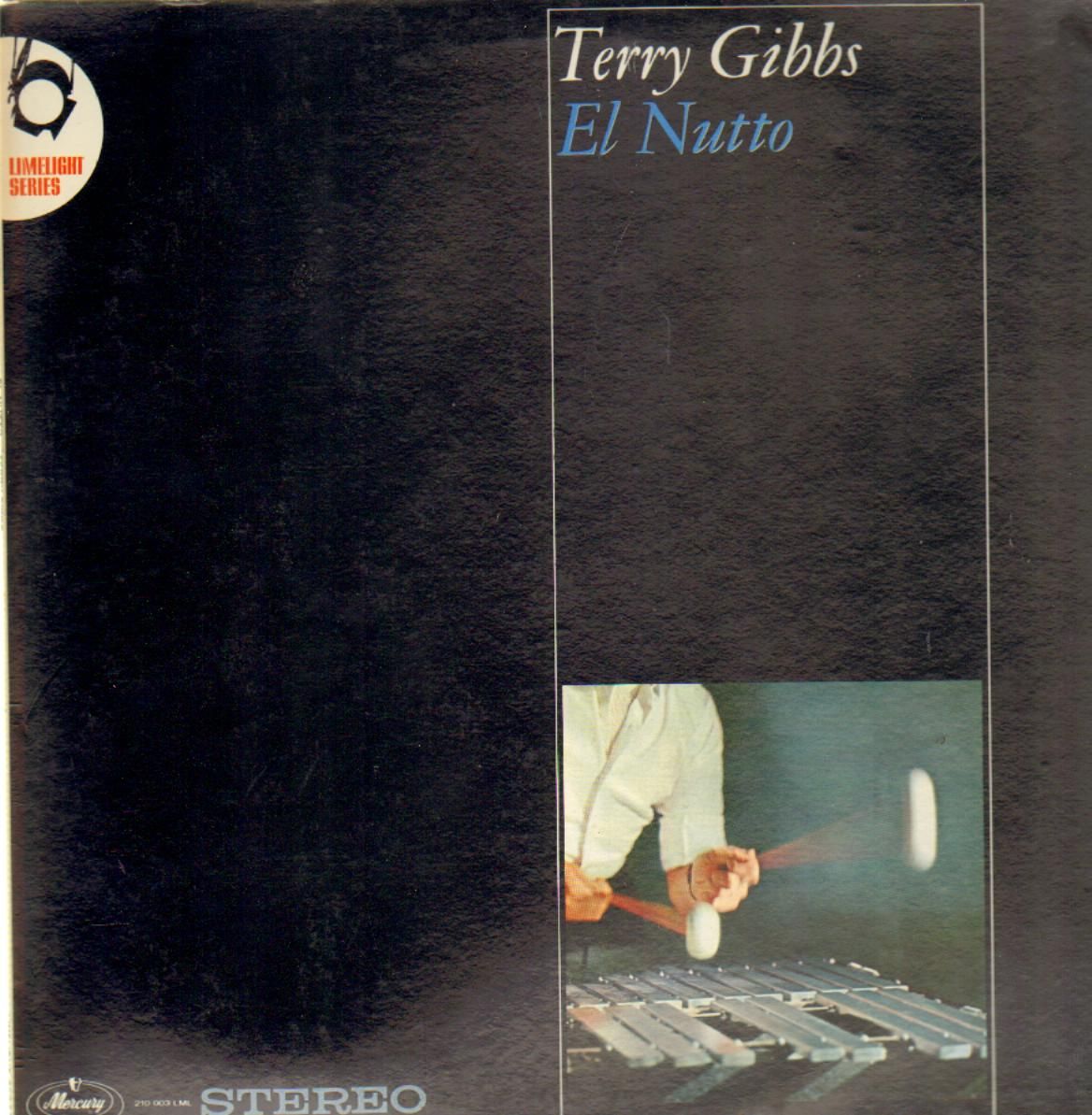
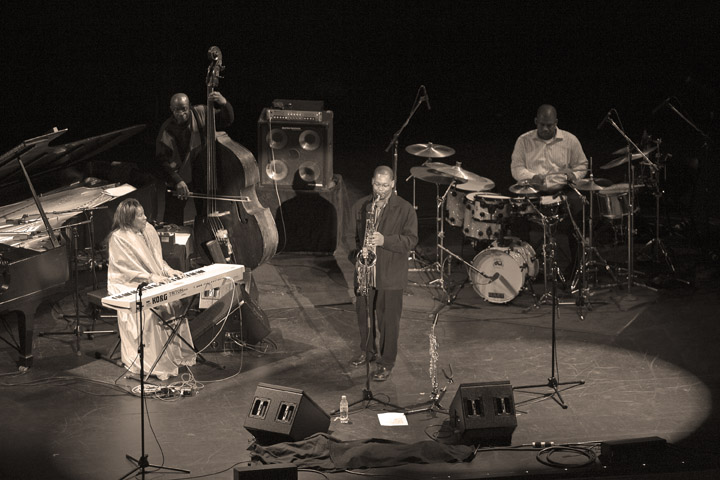
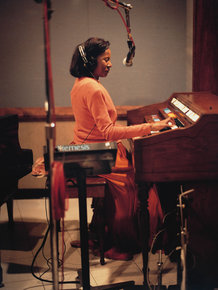
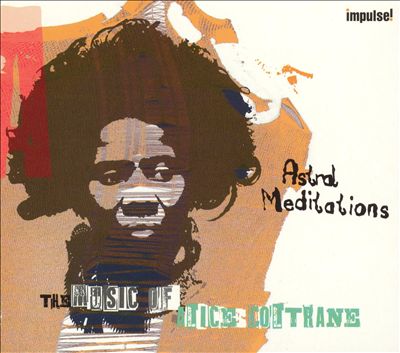
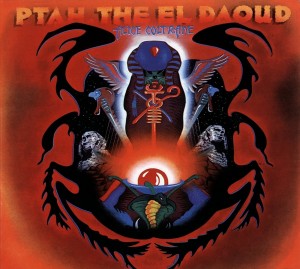

Thank you Dolores Brandon for this very interesting interview, not only documenting us on Alice Coltrane but also on the musical relationship of such musicians as Wood and Coltrane working and playing together.
Yes, Marion, I was very fortunate to have Vishnu Wood contribute so generously to this work: his point of view and experience added concrete important insights on Alice Coltrane’s creative development. I so appreciated his forthright responses to many of the questions I posed. Vishnu Wood is definitely a man of high serious purpose, as was Alice Coltrane, a woman of high serious purpose.